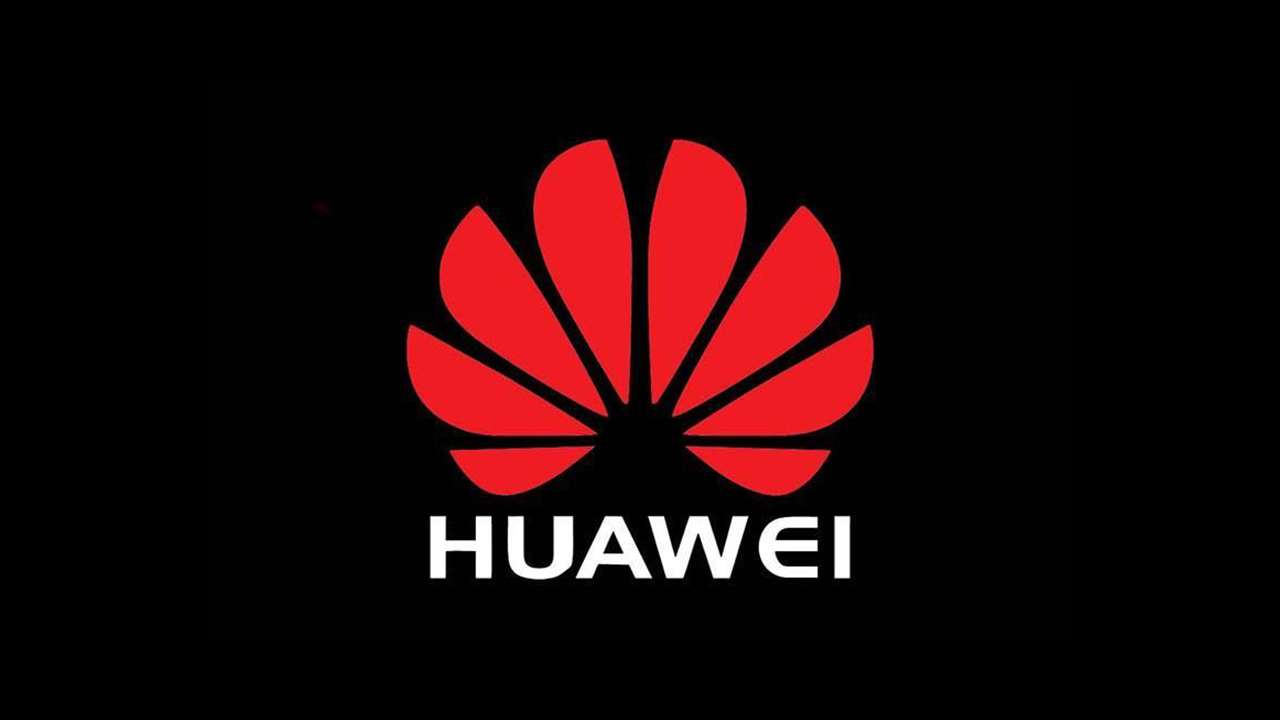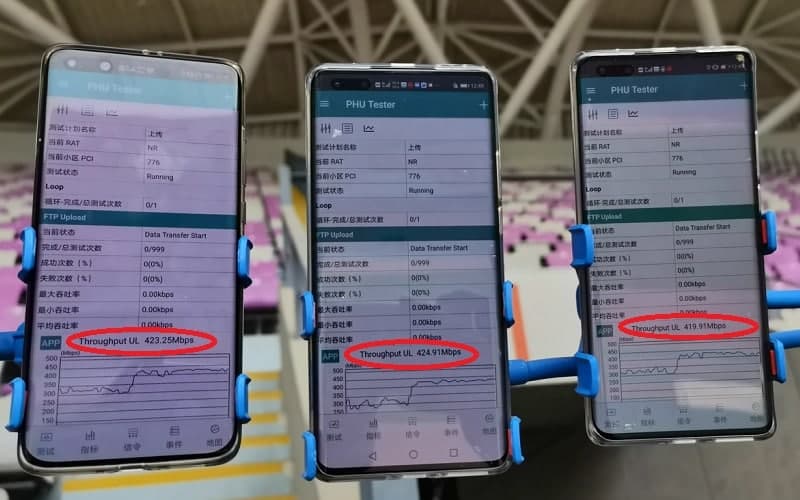News
Huawei 5G indoor distributed Massive MIMO doubles network capacity for 2022 Asian Games

Recently, China Mobile Zhejiang authenticated Huawei 5G Solution based 5G network web in the Hangzhou Olympic Sports Center. It’s observed that the network utilized 2.6 GHz and 4.9 GHz bands to accommodate 5G coverage in confined sectors.
To be mentioned, Huawei’s 5G indoor distributed Massive MIMO was the main focus on the entire network, contributed to double the 5G network capacity in the stadium.
Network Test:
The experiment involves over 400 5G devices to create a mass environment and all possible aspect, which affects the network. In addition, the various networking solutions include intra-frequency, staggered-frequency, inter-frequency, and distributed massive MIMO.
It is performed concerning all the factors such as extreme capacity levels, interference mitigation, network redundancy, and invented behavior of 5G users.
Result:
The test results showed that the uplink capacity was 50% more comprehensive than that obtained with cell splitting and the downlink and uplink interference is efficiently restrained.
This level of production satisfies to fulfill the enormous service requirements for messaging, Internet access, video transfer, and broadcasting to deliver an amazing experience to the users.

Furthermore, it’s close to the perfect solution to make sure the certainty of the network behavior in the smart stadiums, and possibly be applied in the coming 2022 Asia Games.
Hangzhou Olympic Sports Center:
This stadium has the capacity of over 80,000 seats designed in an iconic lotus-petal modeled architecture. It’s expected that the inauguration and closing ceremonies of the 2022 Asian Games will take place here.
Also, China Mobile is the official partner for communication services at this event, it’s the main reason, why they are trying hard to stabilize the network behavior.
Huawei’s Massive MIMO Technology:
The Massive MIMO solution of the company provides an uplink rate of 1.2 Gbps in this vast and highly crowded area and a 2:3 slot assignment was configured. After the installation, it’s observed that the massive MIMO could eliminate interference between cells, and uplink capacity rose by 50% over 4T4R cells.

It opens a new gate to explore the indoor 5G network revolving around the indoor distributed Massive MIMO technology solutions. It eliminates the co-channel interference to improve signal quality on multi-cell networks, providing a consistent high-speed, high-quality experience in most areas with 5G coverage.
(Source)







